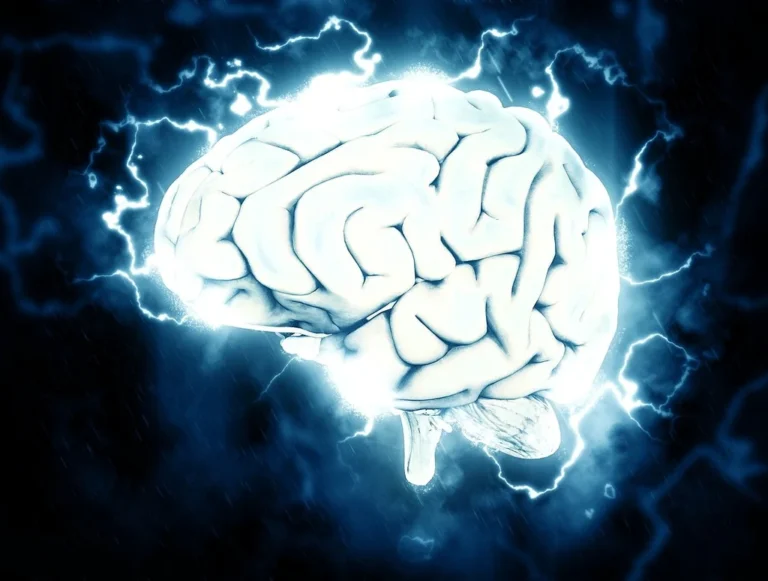Why Psychiatry Plays a Key Role in Treating Severe PTSD

Post-traumatic stress disorder (PTSD) profoundly affects the lives of those who experience it. Severe cases may require a comprehensive, well-coordinated treatment plan. Here’s how psychiatry plays a significant role in PTSD recovery:
Effects of Trauma
Trauma alters the brain’s structure and functionality in ways that contribute to PTSD. Regions of the brain show changes in activity and connectivity. Heightened activity in the amygdala leads to frequent fear responses, while reduced function in the prefrontal cortex impairs the ability to regulate emotions. Understanding these changes allows professionals in psychiatry to tailor treatments that target both the psychological and physical roots of PTSD.
Role of Psychotherapy
Psychotherapy serves as a foundation for PTSD treatment. Therapies like cognitive behavioral therapy (CBT) reframe negative thought patterns. Techniques such as exposure therapy gradually reduce distressing responses to trauma triggers. Additionally, eye movement desensitization and reprocessing (EMDR) uses structured sessions to reprocess traumatic experiences. Here’s what a psychiatrist or psychotherapist may offer:
- Provide Accurate Diagnosis: They evaluate symptoms using standardized assessments to ensure an accurate PTSD diagnosis.
- Develop Tailored Treatment Plans: Based on individual needs, they create personalized plans that may include therapy, medication, or a combination of both.
- Offer Therapy Sessions: They conduct psychotherapy sessions such as CBT, exposure therapy, or EMDR, which are critical for addressing trauma effects.
- Prescribe and Monitor Medications: Psychiatrists can prescribe medications like antidepressants or anti-anxiety drugs to help manage severe symptoms.
- Teach Coping Strategies: They equip individuals with practical techniques to handle anxiety, flashbacks, and emotional distress.
Power of Medication
Psychiatric medications often support the healing process by alleviating symptoms such as anxiety, flashbacks, and depression. Selective serotonin reuptake inhibitors (SSRIs) are a typical medication type for PTSD. By addressing dysregulated neurochemical pathways, medications establish a foundation for more effective therapeutic engagement. Collaboration between therapists and psychiatrists makes sure that medication complements psychological treatment effectively.
Impact of Disorders
PTSD often coexists with depression, anxiety, or substance use disorders. Treating these conditions alongside PTSD is vital for achieving long-term recovery. Integrated care teams collaborate to prioritize patient-centered treatment, taking into account both primary and secondary conditions. This holistic approach addresses overlapping symptoms and provides a clear path to improved mental health.
Help of Prevention
Intervening early can significantly improve treatment results. The first step is recognizing trauma symptoms and seeking professional help. Providing support to those at risk or showing early signs helps prevent more serious PTSD development. Programs that focus on building resilience and coping skills also help reduce long-term trauma effects.
Treating trauma survivors requires ethical sensitivity. This includes obtaining consent, being culturally aware, and respecting boundaries during therapy. Since each survivor’s experience is unique, personalized care is key to success in therapy. Therapists should create a safe environment where patients feel heard and comfortable sharing their stories without fear of judgment or retraumatization.
Explore Psychiatry at a Clinic Near You
Research into PTSD treatments continues to evolve. Innovative options are explored in both clinical and experimental settings. These therapies aim to enhance the efficacy of existing treatments. Psychiatry brings multiple perspectives to the table in addressing severe PTSD. Each method, from psychotherapy to medication, plays a central role in fostering recovery. Schedule an appointment with a psychiatrist near you for more assistance.
- What to Expect When Visiting a Foot and Ankle Specialist
- Causes of PTSD
- The Link Between Plantar Fasciitis and Weight Gain: What You Need to Know
- How Pet Ownership Can Positively Impact Life with Fibromyalgia
- The Importance of Stretching and Flexibility in Sports Medicine
Dr. Emma Green is a health and wellness expert with over 10 years of experience in nutrition and fitness. Passionate about helping others live their healthiest lives, Dr. Green shares practical advice on wellness, nutrition, and sustainable living through LivingSpristine.






